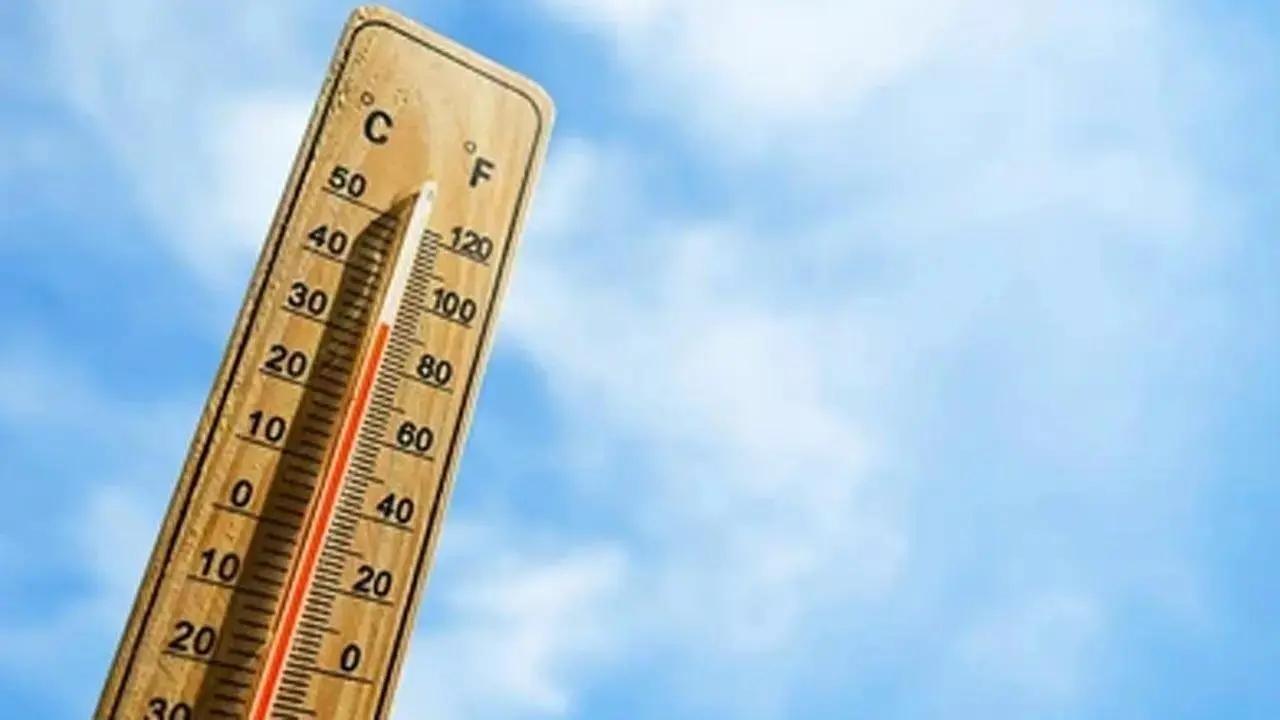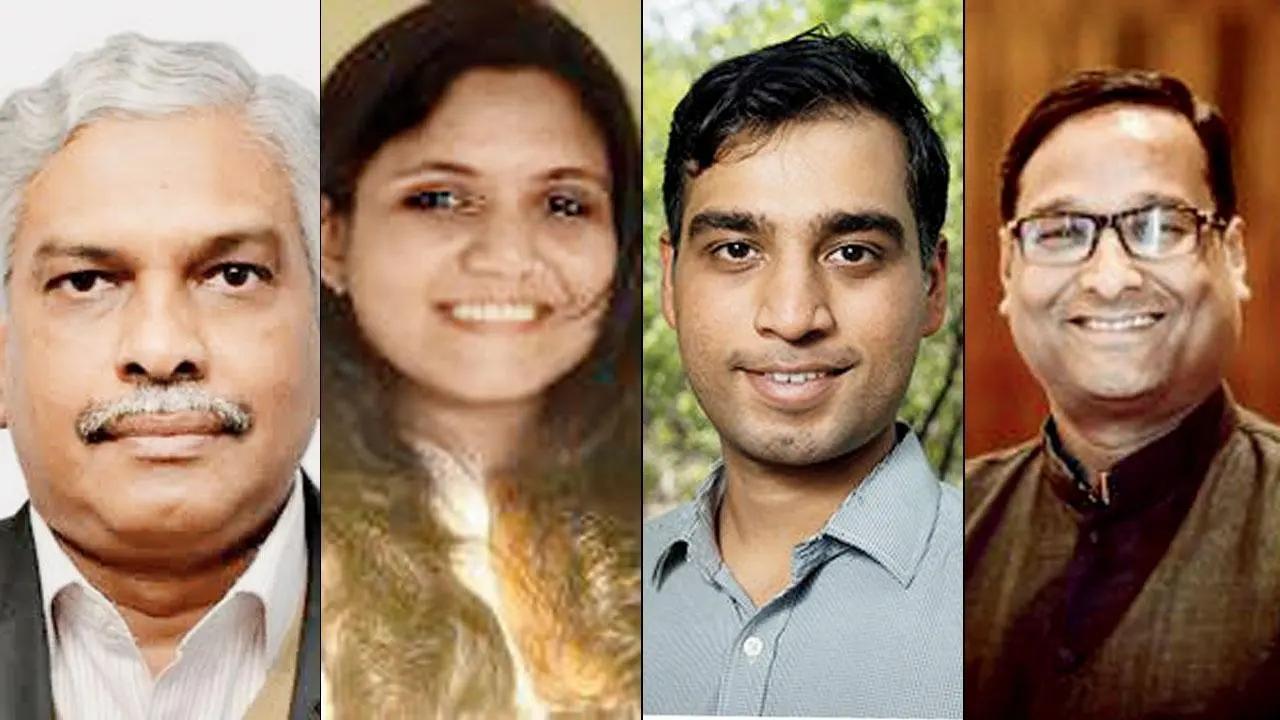Fourth alert this year; experts worry about effects as temperatures shoot

Representative image
The Indian Meteorological Department (IMD) on Saturday issued a heatwave warning for Mumbai, Thane, Palghar, Raigad, and the surrounding Konkan coast, central Maharashtra, and Vidarbha. This is the fourth heatwave alert for the season for Mumbai and other areas on the Konkan coast, even as, Akola was ranked eighth in the world and fourth in India on Saturday at 45.6°C. On Friday, the IMD’s Santacruz observatory recorded 36.9 degrees, which was a three-degree jump since Thursday, while the Colaba observatory recorded 34.2 degrees.
ADVERTISEMENT
“An anti-cyclone circulation has formed which is causing temperatures to go up. The formation is expected to move northward within the next two days, following which the temperature in Mumbai may come down a bit. Alongside the Konkan region, places in interior parts of Maharashtra are continuously recording higher temperatures, with districts like Jalgaon, Dhule, and Nandurbar recording above 40 degrees consistently now,” said Sushma Nair, a scientist with IMD’s regional meteorological centre at Colaba.
Also read: Mumbai: Heatwave inevitable as mercury crosses 40°C
Madhavan Nair Rajeevan, Former Secretary, the Ministry of Earth Sciences, Government of India added, “As Cyclone Mocha moves through the Bay of Bengal towards Bangladesh and Myanmar, the westerlies will be influenced, causing more heatwaves in India’s north, central, and coastal regions.”

Madhavan Nair Rajeevan, Lubaina Rangwala, Aditya Pillai and Dr Anjal Prakash (L to R)
According to Rajeevan, there is a need to issue clear directives to citizens to avoid going out during the afternoon hours (11.30 am to 3.30 pm). Dr Anjal Prakash, Associate Professor, and Research Director with the Bharti Institute of Public Policy at the Indian School of Business (ISB) said, “The planet has already warmed by 1.16 degrees Celsius since the pre-industrial era, and this will continue at an unprecedented rate.” Aditya Pillai, Associate Fellow at the Centre for Policy Research and Co-author of the report, ‘How is India Adapting to heatwaves?’ said that the spike in extreme heat is being witnessed for the second time this year.
“It is important to put long-term heat measures in place, like increasing the amount of shade in our cities or access to water and other forms of cooling,” Pillai said. Meanwhile, Lubaina Rangwala, Associate Director, World Resources Institute (WRI) India said, “In coastal cities, temperatures higher than 35°C surpass a body’s ability to cool off after exposure and result in severe illnesses and fatalities.”
 Subscribe today by clicking the link and stay updated with the latest news!" Click here!
Subscribe today by clicking the link and stay updated with the latest news!" Click here!







